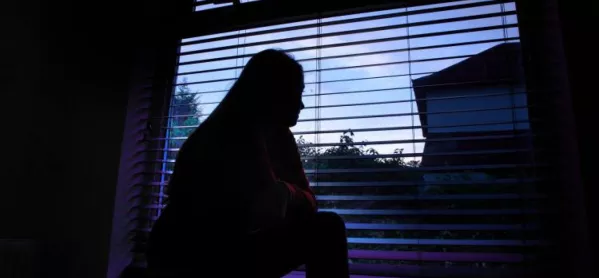Staff who sexually abuse pupils in residential schools can often be respected or celebrated teachers who have gained the trust of children, parents and the community, an independent investigation has warned.
The Independent Inquiry into Child Sexual Abuse has also highlighted the fact that while most perpetrators of abuse in schools are men, abuse by female members of staff is a larger problem than has previously been acknowledged
IICSA has published a review of research into the issue today to allow it to “understand the scale and nature of child sexual abuse in schools.”
The inquiry’s head of research, Dr Verena Brähler, said: “We looked at who the victims and who the perpetrators are. In schools more generally, girls are more likely to be the victims of child sexual abuse than boys, though there is likely to be more under-reporting of abuse of boys. There is also a consensus that disabled children are at an estimated three times greater risk of sexual abuse than non-disabled children.
“The perpetrators of abuse by educational staff are predominantly male, but abuse by female educational staff is a larger problem than has previously been acknowledged. Teachers who sexually abuse students are often respected, even celebrated teachers who have gained the trust of children, parents and the community.”
The IICSA report highlights how data from the UK-wide Operation Hydrant into allegations of non-recent child sexual abuse identified that 39.5 per cent of the 2,750 institutions on the database of Operation Hydrant are schools, making schools the most common location for this form of abuse.
The risk of peer-on-peer abuse
The inquiry’s Truth Project, which was set up to hear the experiences of victims and survivors, and gives them the opportunity to put forward recommendations for change, has seen more incidences of child sexual abuse reported in schools than at any other type of institution.
Of the 520 participants in the project whose experiences have been reviewed so far, 140 were abused in school settings.
Other findings in the IICSA report include
- Bullying and sexual harassment can create environments within schools that are conducive to the growth of peer-on-peer abuse.
- Residential schools can increase the risk of such abuse if pupils spend more time together unsupervised by a member of staff.
- The closed nature of special residential schools can facilitate the under-reporting of child sexual abuse.
- Sexual violence within schools is a gendered issue, with females appearing to represent the larger victim group of both abuse perpetrated by school staff and via peer-on-peer abuse.
- Abuse of females is more likely to be reported than the abuse of males.
- A school’s culture, a lack of confidence in addressing sexual abuse, and the over-reliance that some schools place upon child disclosure in order to identify abuse can inhibit a school preventing, identifying and reporting child sexual abuse.
- The awareness of peer-on-peer sexual abuse is growing, but it can be challenging for schools and teaching staff to identify and recognise this as abuse.
IICSA is investigating “whether public bodies and other non-state institutions have taken seriously their responsibility to protect children from sexual abuse in England and Wales”.
It will also make recommendations for change to ensure that children are better protected from sexual abuse.
The inquiry has launched 13 investigations into a broad range of institutions including residential schools.
Earlier this year, ministers were urged to make the reporting of child abuse mandatory after a major cover-up at two leading Catholic schools.
The call in the House of Lords for action came after an IICSA report said that monks at Ampleforth College in North Yorkshire and Downside School in Somerset hid allegations of “appalling sexual abuse” against pupils as young as 7 to protect the Church’s reputation.




